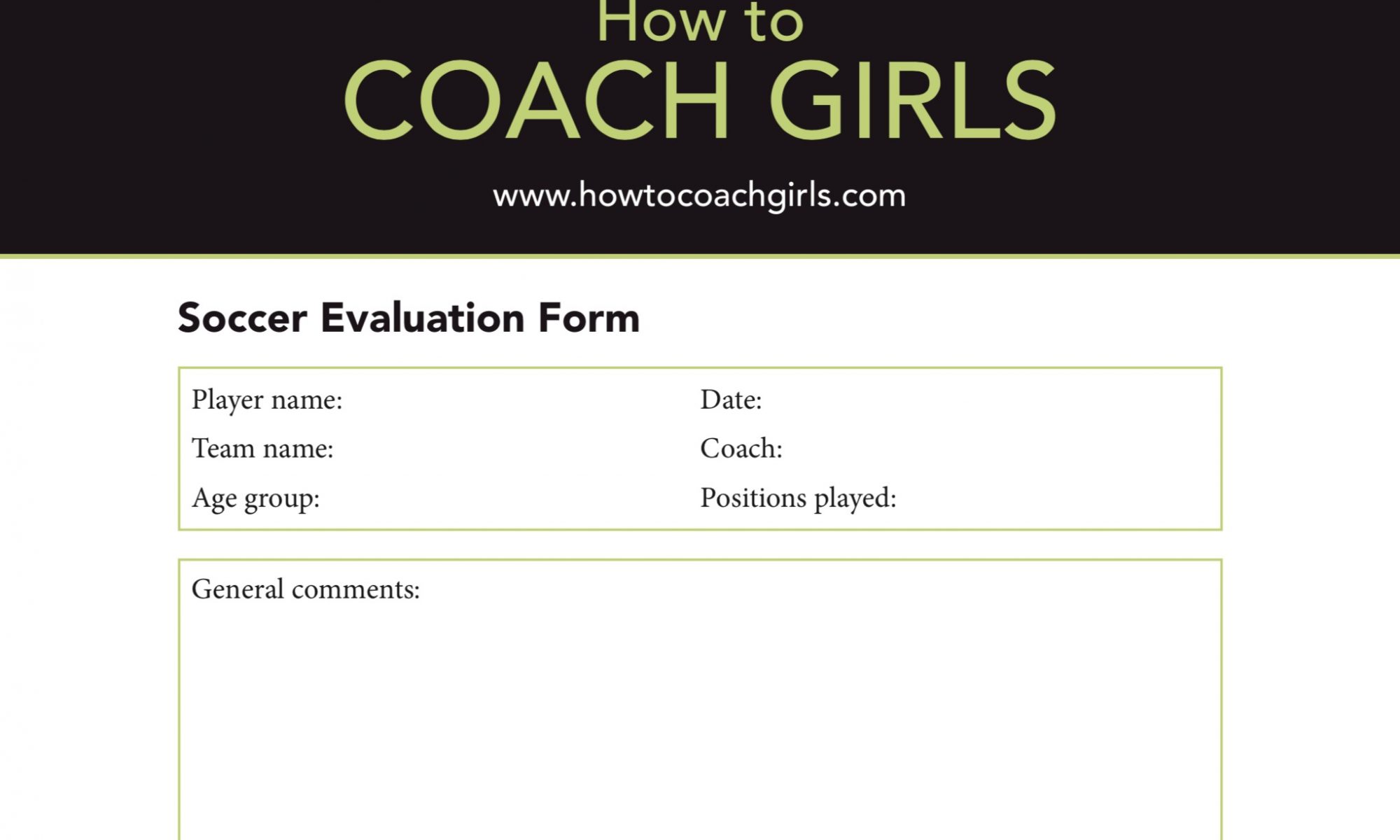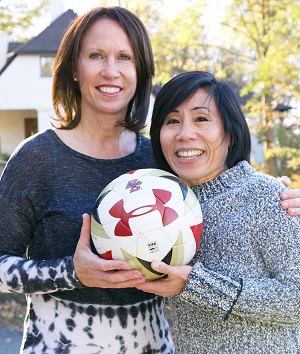Please welcome author and journalist Roberta Lunardo today, with an afterword to her book on her daughter’s soccer journey.
———–
“Soccer Girl, Interrupted” ― An Afterword by Roberta Lunardo *

I hope I can find the words to express how proud I am of my daughter’s overcoming the toxic environment she had to face as a very young girl. Two years ago, when Melissa was only nine years old, she had to go through the events chronicled in “Soccer Girl, Interrupted” and her confidence was shattered. After a long process of identifying the problem―bullying, soccer mom from hell, unprofessional coach, favoritism, and politics in the U.S. soccer club mentality―we removed her from that situation, regrouped, and got ready for her journey of recovery.
Today, as I sit here writing these lines, I can honestly say that those events have made her stronger. It still took some time for her to start to believe in herself again―it’s a never-ending process―and once in a while, she’ll make comments about the adults who have let her down.
You only stop to think about the effects of emotional abuse when it comes to the surface and your daughter says something like, “Could you change that workout alarm on your phone? That’s what my old coach used during drills, and I don’t want to think about him.” That one comment told me that it still hurt to remember what she went through but, nevertheless, she was now able to voice her feelings and look back at it with a little bit of detachment.
We are glad she didn’t decide to quit soccer altogether after her experience, especially because she has extremely talented friends, both boys and girls, who have given up club soccer after the unpleasant experiences they have gone through themselves. Instead, Melissa focused on clinics while making the transition to a new club, worked hard, and found her place on a new team―this time with a coach who is not only a teacher but had been a professional soccer player himself and has a strong background coaching high school soccer.
Above all, her new coach had the sensitivity to shift from a long career coaching teenage boys, to take over two all-girls teams for the first time (one with 10-year-olds and another with 12-year-olds) and make it a goal to develop individual players for the good of the collective in the long term. After all, as Mia Wenjen and Alison Foley tell us in “How to Coach Girls,” coaching isn’t a one-size-fits-all deal, and it takes a different approach when building the confidence of young female athletes.
Melissa has also been displaying her love for soccer in other ways: watching matches on TV, going to indoor soccer games to support a local professional team, and acting as Assistant Coach to Daddy as part of her own brother’s recreational soccer experience. The expression on her face when she is helping the little ones―ages six and seven, who inevitably look up to her―could only be described as joyfully proud.
Recently, her latest accomplishment in recovering from emotional trauma was her decision to go back to recreational indoor soccer, on top of her already busy soccer schedule. Watching her brother’s team play reminded her of how she started out playing indoor at age seven. She remembered how fun it was and asked us to sign her up for the upcoming season.
Today, she’s been acting as a team leader in the 10-12 age group indoor, considering her experience in competitive club soccer and assistant coaching. She helps organize the team from inside the field, reminds her players of positioning, encourages them to work hard while leading by example, and selfless passes to give others a chance to score, even if that means missing a scoring opportunity herself. Celebrating her teammate’s first goal ever in a game was just as meaningful to her (or even more) as celebrating a goal of her own.
And, since it’s a coed indoor soccer experience, she has gone back to being the battling beast we all knew from before she had adults tearing her down at her old club. When playing against boys, it seems that she believes in herself even more, because she knows that she can keep up with the most skilled and toughest players, because she is just as skilled and tough herself, and she is not “just a girl.”
Averaging a couple of goals a game, sometimes from foul kicks placed with strength and precision on the upper corners of the goal, she’s been playing her heart out as she hears opposing coaches yelling at their players, “Take her out! Block her! Don’t let her beat you to the ball!”
That kind of recognition and the encouragement she gets from parents from opposing teams after a match is all she needs right now to remember that she is allowed to keep going and follow her dreams. When parents come to congratulate me and my husband, saying that our daughter is a very good player, we simply smile and thank them for their compliments. However, deep down, what we tell ourselves is, We already knew she was a good player, but now we know she is safe and knows her own value.
Roberta Lunardo is a journalist born in South America who has been living in the United States since the early 2000s. She is the author of “Soccer Girl, Interrupted,” which chronicles her then 9-year-old daughter’s struggles in a toxic club soccer environment.











